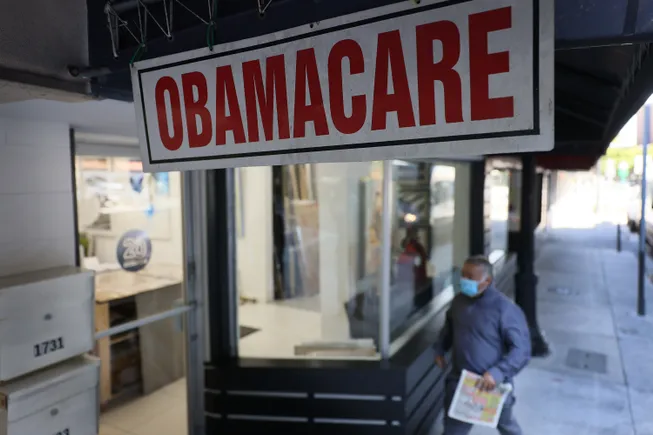Dive Brief:
Enrollment in the Affordable Care Act marketplaces reached a new high in 2025, boosted by growth in states won by President Donald Trump in last year’s election, according to a research brief by KFF.
Sign-ups in the insurance marketplaces have more than doubled over the past five years, increasing from from 11.4 million in 2020 to 24.3 million in 2025, the health policy research firm said Wednesday.
Much of the growth is linked to more generous federal financial assistance for the health plans first made available in 2021, according to KFF. But those enhanced premium subsidies are set to expire at the end of the year absent congressional action.
Dive Insight:
Enrollment in the ACA exchanges has increased in nearly all states since 2020, according to the report. But sign-ups are particularly concentrated in states carried by Trump in the 2024 election — suggesting that allowing the financial assistance to lapse could be politically risky for Republicans.
The 31 states won by Trump accounted for 88% of the enrollment increase over the past five years, KFF said. Enrollment grew by an average of 157% in those states, compared with just 36% in states won by the Democrat candidate, former Vice President Kamala Harris.
For example, sign-ups more than tripled in Texas, Mississippi, West Virginia, Louisiana, Georgia and Tennessee.
The enhanced subsidies are a major contributor to the elevated enrollment, according to KFF. The premium tax credits increased the amount of financial assistance available to enrollees and offered subsidies to some middle-income beneficiaries for the first time.
The assistance could be significant. Without the enhanced subsidies, annual premium payments would have been nearly 80% higher on average last year, according to the health policy research firm.
However, unless Congress takes action to extend or make the subsidies permanent, they could expire at the end of the year. Republicans have said the financial assistance is too expensive and increases the opportunity for fraud, while Democrats have argued the subsidies have made coverage more affordable for needy Americans.
Permanently extending the enhanced premium tax credits would cost $335 billion over 10 years, according to a report by the Congressional Budget Office. But if the subsidies lapse, millions more would become uninsured, and premiums would rise for those who stay enrolled in coverage.


